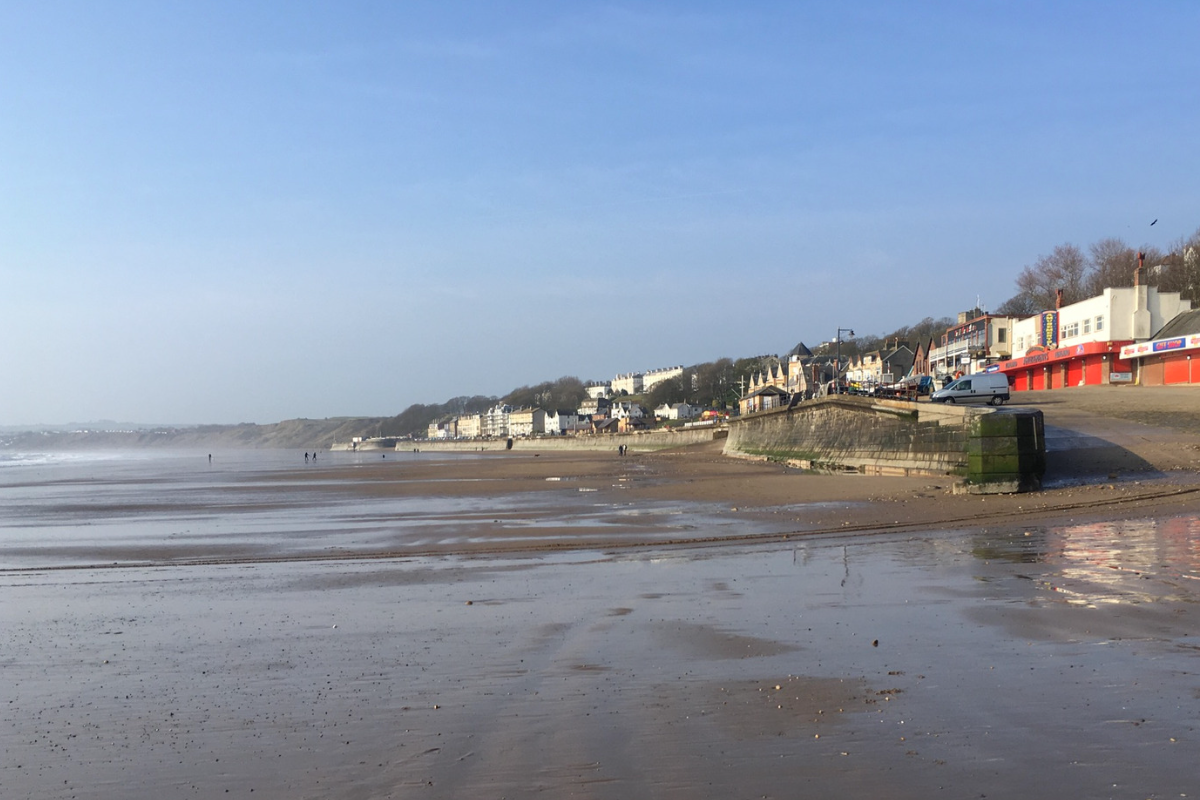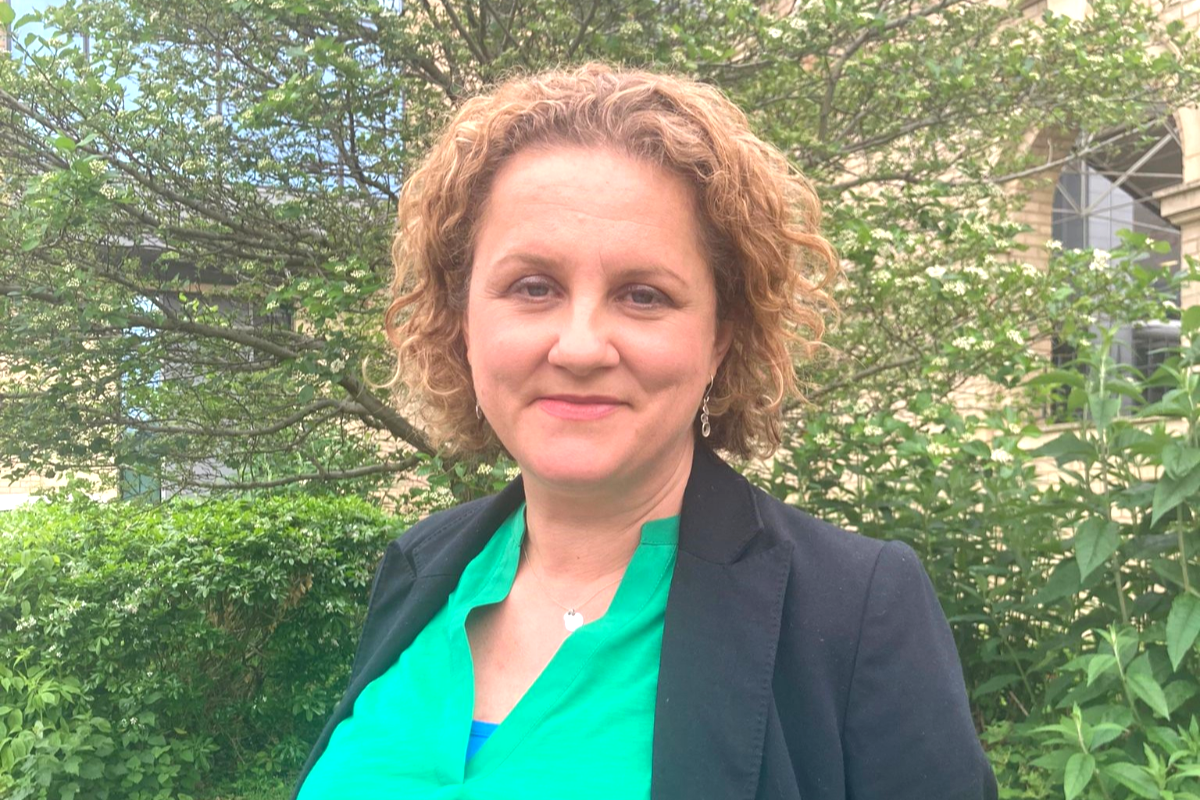
Transport for the North says that transport issues are causing more than 2 in 5 of the most vulnerable residents of the North to be socially excluded
Research published today by Transport for the North (TfN) in its Transport and social exclusion in the North in 2023/24 report, reveals that more than two in five disabled residents, carers, and low-income residents (44%) in a range of areas of the North of England are facing social exclusion because of inadequate and poorly performing transport systems.
Underlying this, TfN says its analysis of Department for Transport statistics shows that bus service mileage in the North has been cut by almost a third (32.3%) since 2010, the organisation says these cuts have severely impacted the health, incomes, and everyday lives of residents across the region, and are key cause of social exclusion.
TfN says the new survey of 1,407 disabled residents, low-income residents, and informal carers in Leeds, Liverpool, Middlesbrough, York, and North Yorkshire demonstrates the depth of impact that bus service cuts and other transport issues have on everyday life including:
- 44% faced at least one form of social exclusion specifically because of transport issues, and 21% faced multiple forms of social exclusion.
- 26% said that the money they spend on transport makes it difficult to afford other essential items, like utility bills and food shopping.
- 23% said their everyday journeys caused them significant stress and anxiety. This was particularly common among disabled residents.
- 31% of those with a disability that has a major impact on their everyday life had not travelled for leisure purposes at all in the last month, compared with 4% of non-disabled respondents.
TfN say their survey also demonstrated how the lack of viable local public transport options for everyday journeys increases the strain on household finances and reduces independence. This includes many having no alternative to car and taxi travel but suffering major financial hardship from having to run and maintain a car or take regular taxi journeys. Survey respondents told them that:
- “The money I pay on public transport is ridiculous and impacts on my shopping bill, because that's the only outgoing I have control over.”
- “I'm losing my sight and rely on taxis for everything. Leaves me little money. I have to limit what I spend on household items. I don't go out.”
- “I'm late for work almost every day, without it being my fault. I even set off earlier - at 6am - and I'm still late for work at 9am. It impacts my mental health.”
- “Costs about £100 a month to run my car. I cut back gas, and food. I cut back electric, and don't go out.”
Martin Tugwell, Transport for the North Chief Executive, said:
“Local public transport is the foundation to grow economies, provide more sustainable travel choices, and deliver a good quality of life for all. This new research demonstrates the price residents pay when they don't have access to decent quality public transport options - financial hardship, poor health, or social isolation.
“We need to change how we plan, develop, invest, and deliver transport improvements to benefit people and places. Buses are a lifeline, playing a vital role in everyday life across the country, enabling people to access services and opportunities. And we know that a better, more reliable public transport offer – including buses – can encourage more sustainable travel choices. More sustainable travel is essential to achieving the North’s ambition for near-zero surface transport emissions by 2045.

Dr Tom Jarvis, Principal Social Researcher at Transport for the North, said:
“A decade of decline in local bus services across the North, combined with rapid increases in the cost of living, are forcing residents to make impossible choices between their work, health, caring responsibilities, and everyday essentials.
“Our research shows that those on low incomes, and informal carers are particularly likely to face severe financial hardship, poor mental health, and isolation because of the lack of suitable transport options in their neighbourhoods.
“For these residents, transport issues often compound the many forms of social disadvantage already faced in everyday life, creating a vicious cycle of social exclusion. The loss of local public transport means that basic transport needs can only be fulfilled by sacrificing other essentials to pay for taxis fares, or by depending on friends and family for lifts - at the cost of their independence.”
The full report can be found at https://transportforthenorth.com/reports/transport-and-social-exclusion-in-the-north-in-2023-24/



 Rain Weather Warning Issued For The Yorkshire Coast
Rain Weather Warning Issued For The Yorkshire Coast
 New Operator for Scarborough's Alpamare Waterpark set to be Announced
New Operator for Scarborough's Alpamare Waterpark set to be Announced
 Shoplifting Measures Having Effect in Filey
Shoplifting Measures Having Effect in Filey
 New Leader For Scarborough Business Ambassadors
New Leader For Scarborough Business Ambassadors
 Scarborough's Alpamare Water Park Could Still Reopen in Time for the Summer Season
Scarborough's Alpamare Water Park Could Still Reopen in Time for the Summer Season
 Yorkshire Coast Councillors Back North Yorkshire Plan for 500 New Council Homes
Yorkshire Coast Councillors Back North Yorkshire Plan for 500 New Council Homes
 Yorkshire Coast Cheerleaders Seeking National Glory After World Title Win
Yorkshire Coast Cheerleaders Seeking National Glory After World Title Win
 Long Standing Bridlington RNLI Volunteer Retires
Long Standing Bridlington RNLI Volunteer Retires
 East Riding Health Care Access Issues Highlighted
East Riding Health Care Access Issues Highlighted
 York Councillor Set to Become Deputy Mayor for North Yorkshire
York Councillor Set to Become Deputy Mayor for North Yorkshire
 Busy Weekend for Whitby RNLI Team
Busy Weekend for Whitby RNLI Team
 Extensive Repair Works Approved for Filey Museum
Extensive Repair Works Approved for Filey Museum







Comments
Add a comment